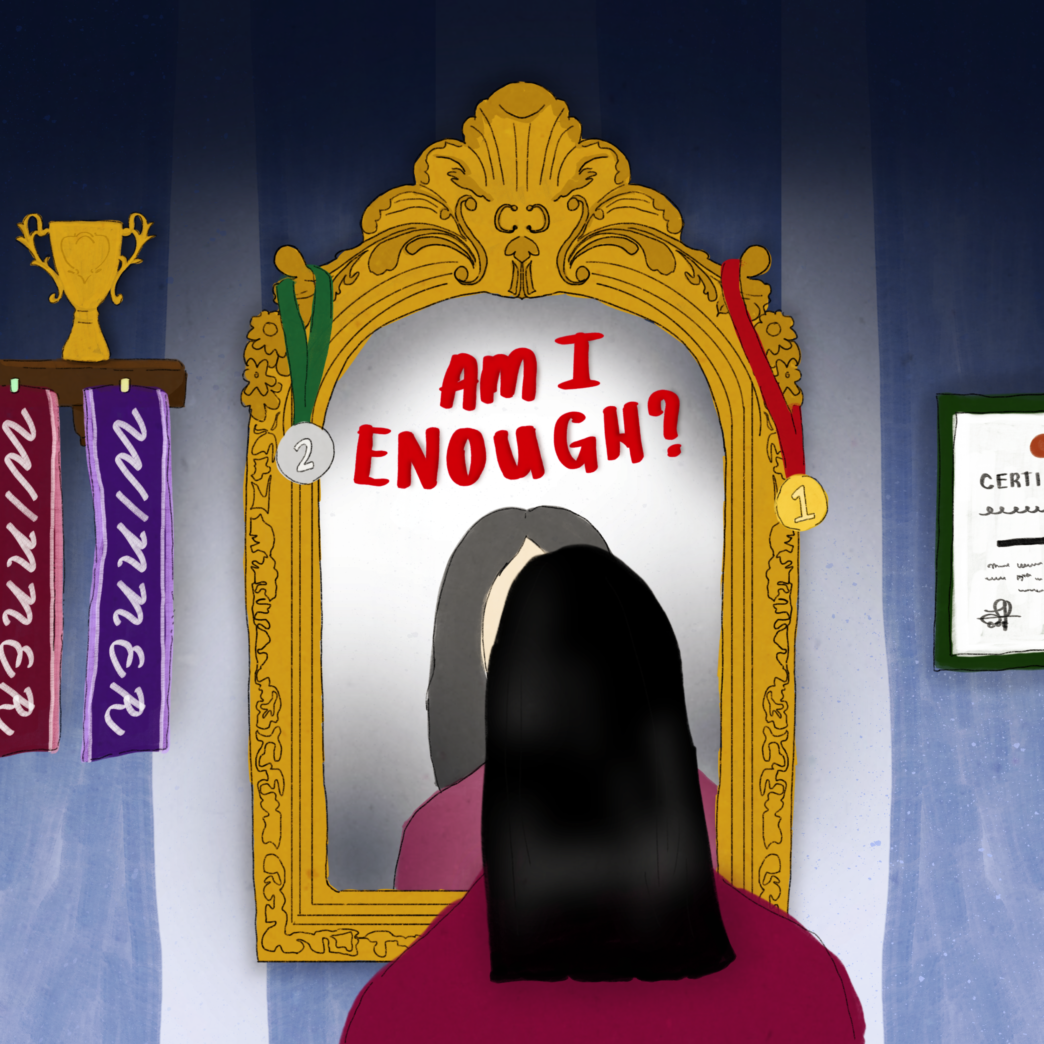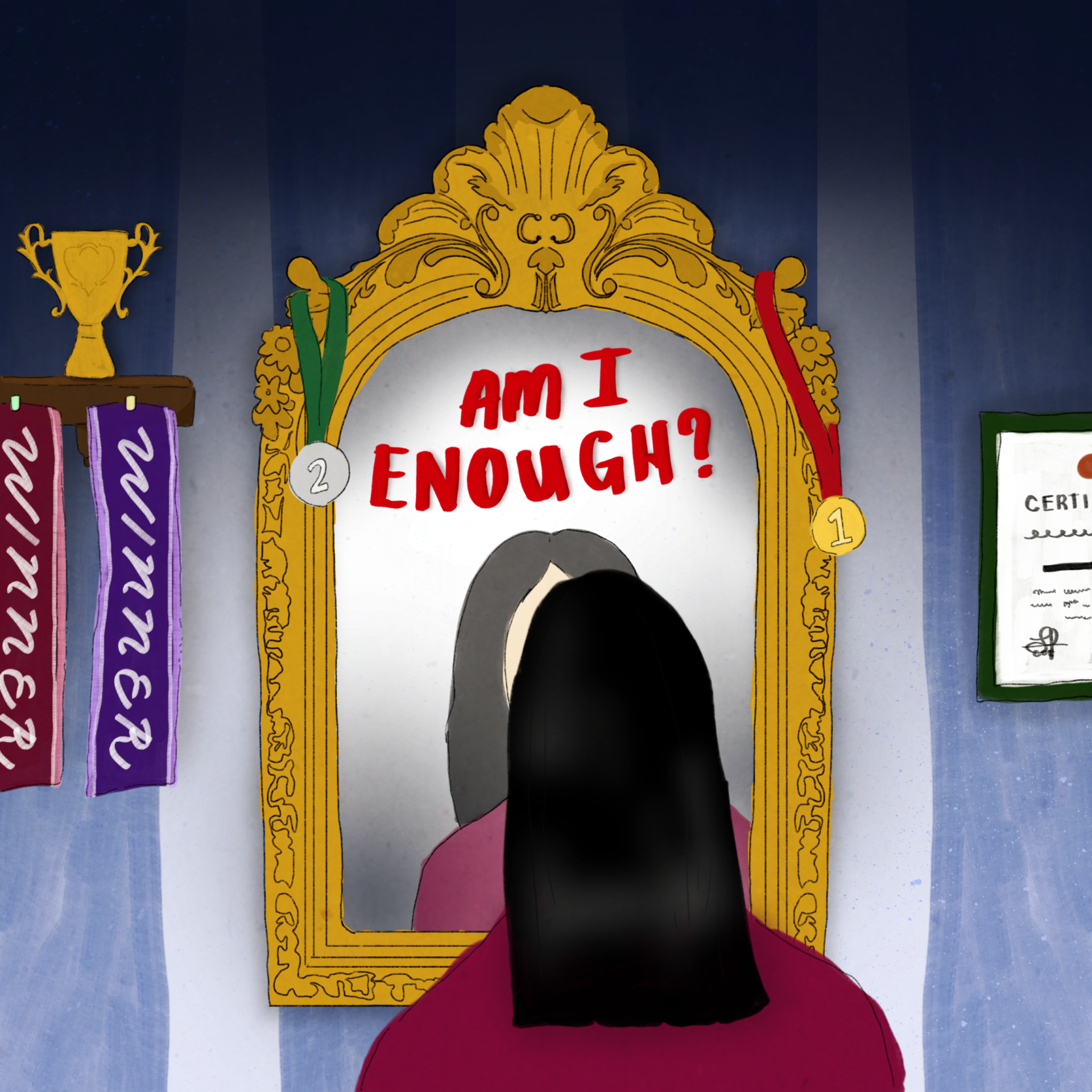By Karissa Barote
Have you ever sat in class, staring at a high score you got on an exam but instead of feeling proud, you think you might have just got lucky? Or maybe you’ve worked so hard for a project but when others praise your effort, you feel like a fraud. If this sounds familiar, you might be dealing with imposter syndrome, a silent struggle that a lot of students face but has been rarely talked about.
Imposter syndrome is not merely about doubting yourself, it’s a persistent feeling of not being good enough, no matter how much you achieve. In an interview with Rochelle Remollo, guidance counselor and psychology instructor at Silliman University, she describes it as “an unfounded feeling of constant self-doubt, often coupled with anxiety and depressive feelings among others.” It’s the little voice in your head that says, “I don’t belong here.”
For students, the struggle can feel overwhelming. The pressure to excel academically, trying to socially fit in, and meet expectations from family, friends and even our own self can create a storm of self-doubt.
Jane, a fourth-year student from the College of Business Administration, is one example. Juggling the demand of coursework, internships and school organizations, she often finds herself questioning whether she’s doing enough. The late nights spent studying and working on tasks sometimes feel endless, and the fear of falling short. Yet, she finds herself drawn to social media during stressful moments, which only adds to the weight of comparison and self-doubt.
The pressure to keep up with others is amplified by social media. Let’s be honest, how many times have you scrolled through Facebook, Instagram or Tiktok, only to feel like everyone else is doing better than you? “Social media has a huge effect on people because they have the tendency to compare themselves with the standards of others and of society, instead of embracing their true self,” Remollo points out.
You are not alone in this struggle, and there are ways to overcome it. “Nurturing a positive mindset is key,” says Remollo. “Create a space for personal growth, self awareness, and surround yourself with people who can build you up.”
As a counselor and psychology instructor, she emphasizes the importance of kindness, not just towards other people but also to oneself. She reminds individuals to stop comparing their journey to others, highlighting that life is not about perfection, but it is about growth, learning, and striving to be the best version of oneself.
Research from Study Hub in 2021 found that approximately 43% of university students experience a form of imposter syndrome. This statistic reflects the hidden yet widespread nature of this struggle.
Despite the persistent struggles of self-doubt, Jane found ways to move forward. Reflecting on her journey, she shares, “Every time you doubt yourself, take a deep breath and remind yourself that you are capable, you are deserving, and most importantly, you are enough.”
While the struggle seems overwhelming, stories like Jane’s demonstrate that it is possible to overcome these feelings of inadequacy. By acknowledging the issue and fostering a supportive environment, students can find ways to navigate their doubts and continue their path to personal and academic growth.
Imposter syndrome is a common experience for students, affecting nearly half of student populations. While overwhelming, it’s important to be self-aware and to remember that you are not alone, and that you are enough.














